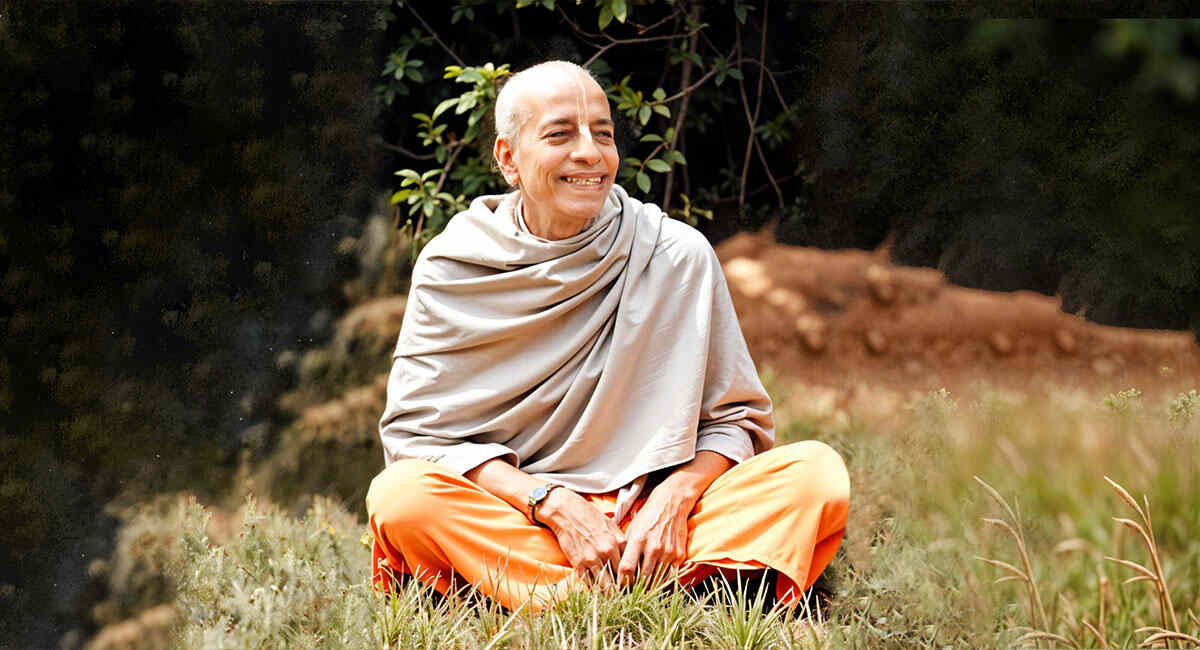Spiritual Legends: Great Saints and Philosophers of Odisha
Odisha, a land steeped in spirituality and culture, has been the birthplace and nurturing ground of numerous saints and philosophers who have significantly shaped India’s religious, cultural, and intellectual landscape. From the lyrical devotion of Jayadeva to the profound spiritual insights of Achyutananda, the saints and philosophers of Odisha have left a legacy that continues to inspire generations.
This blog examines some of the most revered figures who have contributed to Odisha’s rich spiritual heritage.
Saints: Pillars of Spirituality and Compassion
Jayadeva (12th Century)
Jayadeva is arguably the most celebrated poet-saint of Odisha, best known for his Sanskrit masterpiece, the Gita Govinda. This lyrical poem, devoted to the divine love between Lord Krishna and Radha, transcends mere poetry—it is a devotional offering that has profoundly influenced the Bhakti movements across India.
Born in Kenduli Sasan near Puri, Jayadeva’s work is characterized by its poetic elegance, spiritual depth, and emotional intensity. Gita Govinda not only enriched Indian classical music and dance, especially Odissi, but also helped solidify Krishna’s image as a symbol of divine love.
Jagannath Das (16th Century)
Jagannath Das was a key figure in the Bhakti movement in Odisha. He is most renowned for his Odia translation of the Bhagavata Purana, called the Odia Bhagabata. His work made sacred texts accessible to ordinary people, thereby democratizing spiritual knowledge.
A contemporary of Chaitanya Mahaprabhu, Jagannath Das emphasized devotion (bhakti) over ritualism. His writings inspired a profound spiritual awakening in Odisha and led to the establishment of Bhagabata Tungi, community reading centers where people gathered to listen to and discuss spiritual texts.
Panchasakha (Five Friends of God)
Five saint-philosophers collectively known as the Panchasakha significantly shaped Odisha’s spiritual renaissance during the 15th and 16th centuries: Balaram Das, Jagannath Das, Achyutananda Das, Ananta Das, and Yasovanta Das. These saints were not only poets and philosophers but also social reformers.
The Panchasakha emphasized a direct and personal relationship with God, breaking away from rigid caste-based practices and advocating for equality, simplicity, and inner devotion.
Chaitanya Mahaprabhu (1486–1534)
Although originally from Bengal, Chaitanya Mahaprabhu spent a significant amount of time in Puri, Odisha, and had a lasting impact on the region. His ecstatic devotion to Lord Jagannath and his inclusive philosophy inspired a massive spiritual movement in Odisha.
Chaitanya’s teachings emphasized the chanting of the Hare Krishna mantra as a means to attain divine love and self-realization. His presence in Puri turned the city into a significant spiritual center, attracting devotees from all over India. He also interacted with the Panchasakha and other local saints, enriching Odisha’s spiritual landscape.
Bhima Bhoi (Late 19th Century)
Bhima Bhoi was a blind tribal poet and mystic who followed the Mahima Dharma, a monotheistic and anti-ritualistic movement that originated in Odisha. Despite being from a marginalized background, his spiritual vision and poetic brilliance elevated him to the status of a saint.
His verses, such as those in Stuti Chintamani, advocate love, compassion, equality, and the futility of materialism. One of his most quoted lines, “Mo jeevana pachhe narke padithau, jagata uddhara heu” (Let my life rot in hell, but let the world be redeemed), highlights his immense selflessness and spiritual dedication.
Philosophers: Thought Leaders of Humanity
Madhusudan Das (1848–1934)
Though primarily known as a lawyer, social reformer, and the architect of modern Odisha, Madhusudan Das also made philosophical contributions through his writings and speeches. He combined spiritual values with modern rational thought and worked tirelessly for social upliftment, especially of marginalized communities.
He advocated for unity, education, and cultural pride, laying the intellectual groundwork for the formation of Odisha as a separate province based on linguistic identity. Though not a saint in the traditional sense, his life embodied the principles of service, justice, and human dignity.
Gopabandhu Das (1877–1928)
A disciple of Swami Vivekananda’s teachings and a true patriot-saint, Gopabandhu Das was a social reformer, educator, and philosopher. He founded the Satyabadi Bana Vidyalaya, a unique residential school that emphasized a holistic approach to education, rooted in Indian values and ethics.
Gopabandhu believed in the concept of serving humanity as serving God, a philosophy that he practiced throughout his life. His work during natural disasters and epidemics earned him the title of “Utkalmani” (Gem of Odisha). His philosophical essays and poetry reflect his deep spiritual convictions and dedication to truth and social justice.
Final Thoughts
The spiritual and philosophical tradition of Odisha is as rich and diverse as its culture and history. Saints like Jayadeva and Achyutananda Das have not only raised the spiritual consciousness of the region but have also been instrumental in forming the moral and social fabric of the community.
Their teachings transcend time, offering timeless wisdom in an age increasingly disconnected from its roots. In today’s world, where spiritual hunger often meets material distractions, the legacy of Odisha’s saints and philosophers serves as a beacon of hope, reminding us of the power of inner awakening, compassion, and devotion.
Whether you are a seeker, a scholar, or simply curious about India’s spiritual heritage, Odisha’s saints offer an inspiring journey into the heart of divine wisdom and human potential.


